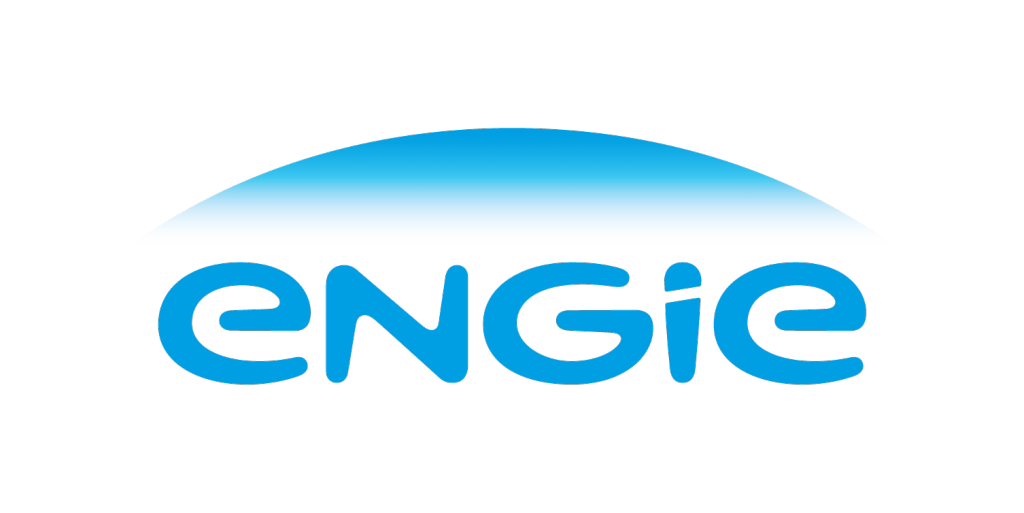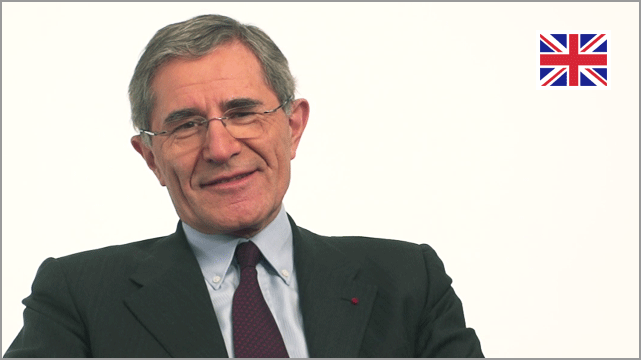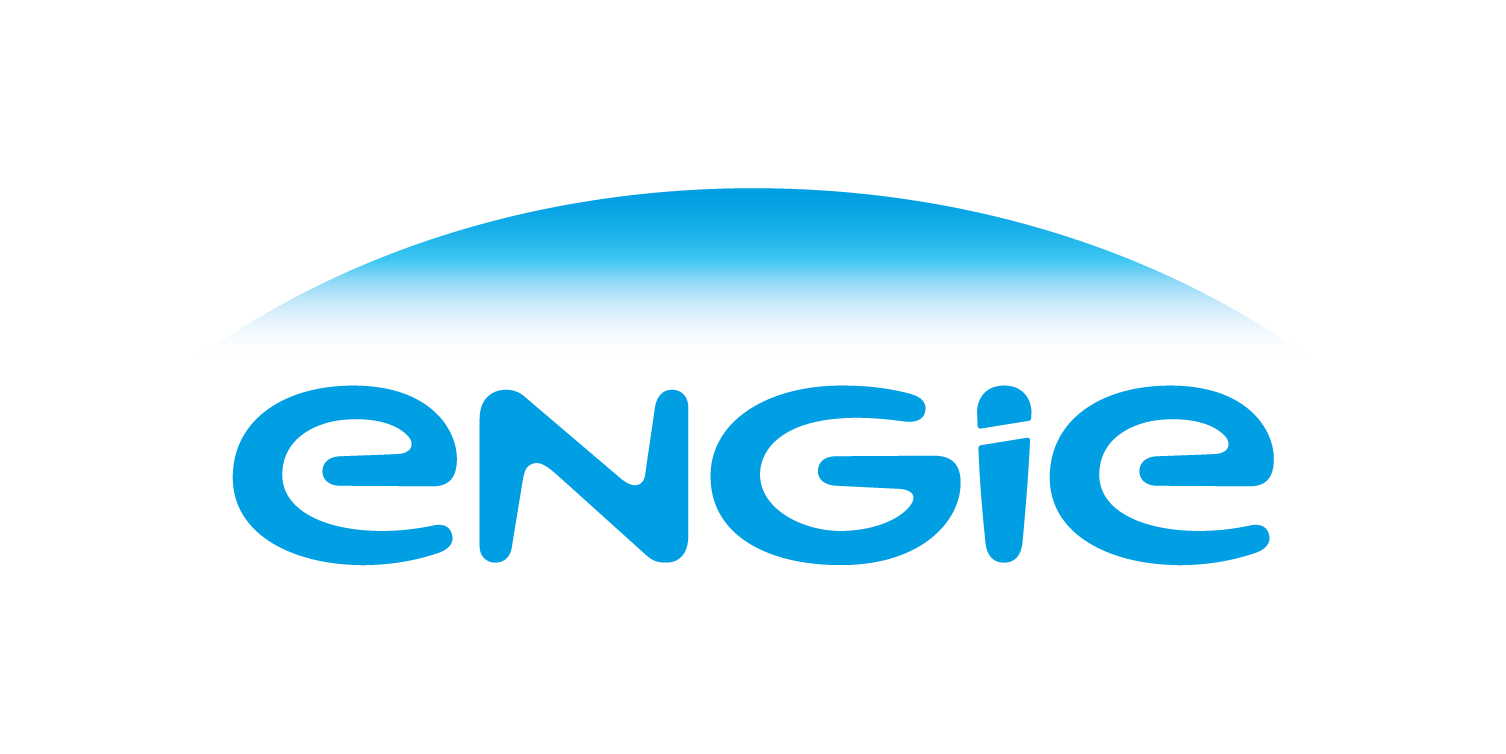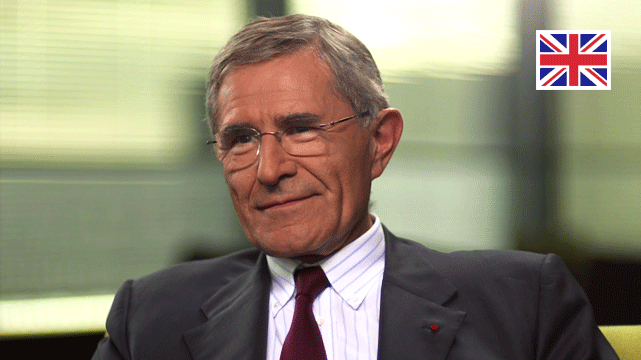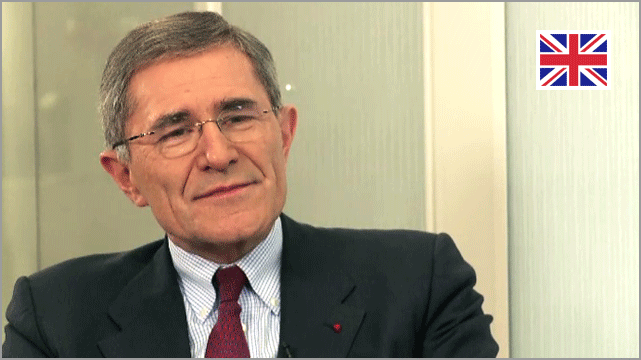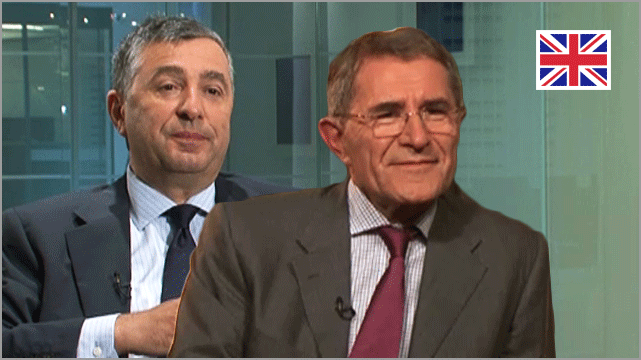Interview de Monsieur Gérard Mestrallet
EuroBusinessMédia (EBM): Welcome to the energy of progress.com website. SUEZ has launched a communications campaign on the theme of the energy mix. Gérard Mestrallet, welcome.
Gérard Mestrallet (GM): Hello
EBM: Gérard Mestrallet, SUEZ tells us “All energies are a source of progress”. What does this mean exactly?
Gérard Mestrallet (GM): Due to the nature of its energy and environment businesses, SUEZ is at the heart of the major global challenges. Our strategy, which is based on a diversified and balanced development of various energy sources, helps to meet these challenges. The objective of this new campaign is to highlight our commitment to a sustainable future combining both economic and social progress as well as a protection of the environment.
EBM: How do you see the energy issues evolving?
GM: Like other major energy companies in the world, SUEZ faces three challenges:
– guaranteeing the power supply under all circumstances, by ensuring access to its own energy supplies, whilst diversifying the energy mix
– maintaining prices that are as stable and affordable as possible, given the surge in raw material prices,
– limiting environmental impact, in particular that linked to greenhouse gas emissions.
EBM: How is SUEZ responding to this situation?
GM: To meet these challenges, SUEZ focuses on the most efficient technologies and tries to limit its use of fossil fuels. Currently, the Group has one of the most balanced energy mixes that is also one of the most environmentally friendly: 37% of its capacity does not emit any CO2 and 47% has low CO2 emissions. This diversity also gives us a competitive advantage because it minimizes our dependency on any single source of energy, it also allows us to react quickly to external constraints (e.g. price of raw materials, regulations, etc.) by focusing on the types of energy that are the most effective under the circumstances. Based on this, we are able to guarantee our customers a secure, competitive and environmentally friendly supply of energy.
EBM: Will SUEZ be able to continue investing sufficiently in its production capacity?
GM: SUEZ currently has more than 55,000 MW of installed production capacity and 10,000 MW under construction, which makes us the third leading energy company in the world. Our production capacity is among the most diversified technologically and the most balanced geographically. Our production capacity is 11% nuclear, 26% renewable energy and 46% natural gas, which makes it one of the most efficient and lowest in CO2 emissions in Europe.
To face the situation, energy companies have no choice but to promote energy savings to limit the increase in demand and to boost their production capacities, while relying on the latest technologies to limit greenhouse gas emissions. Such is the strategy of SUEZ, which plans to increase its production capacity to 75,000 MW in 2012, including 40,000 MW just in Europe, and up to 100,000 MW by 2013 as a result of the merger with Gaz de France. The Group will retain a similar balance to the energy mix as it currently produces except for a growing share coming from renewable energy.
And we should not forget that for heating, transport and electricity, the least polluting energy is energy we don’t consume. At SUEZ we have considerable know-how in the field of energy efficiency, which makes us the leading supplier in Europe. Our staff are in constant demand from customers who seek to reduce their energy consumption and their costs as a result.
EBM: Everybody is talking about renewable energy. Is that really the solution?
GM: It is part of the solution at least. SUEZ invests actively in renewable energy, which today accounts for over 20% of its installed capacity worldwide. In 2007, several hydraulic, biomass and solar projects were launched on a global scale, in addition to wind power projects in France, Portugal and in Canada.
SUEZ is committed to maintaining production that is low in greenhouse gas emissions. Between 1980 and 2007, SUEZ reduced by 50% its CO2 emissions per kilowatt-hour generated in Europe. The Group supports the goals of the European Commission, which has set a target of 20% of total energy consumption from renewable energy sources by 2020, up from 8.5% in 2005.
EBM: SUEZ is one of the few Groups that speaks openly of its nuclear energy plans. What is their status?
GM: Today, we cannot neglect any type of energy. SUEZ considers that its energy mix should cover both nuclear and natural gas, which are as vital as renewable energy in the struggle to reduce greenhouse gas emissions. This combination enables us to have 84% of our production that emits no or little CO2 while offering our customers a secure and competitive energy supply.
In nuclear, SUEZ has been operating seven nuclear reactors for over 30 years which internationally acknowledged high levels of safety and availability. We seek to develop our production capacity, first in Europe and, in the longer term, in the Middle East, in North America and Latin America. We are also currently bidding to participate in projects in Eastern Europe such as in Romania. We have just signed an agreement with Total and Areva for an EPR nuclear power plant project in the United Arab Emirates backed by the latest technologies.
EBM: Gérard Mestrallet, thank you
GM: Thank you

